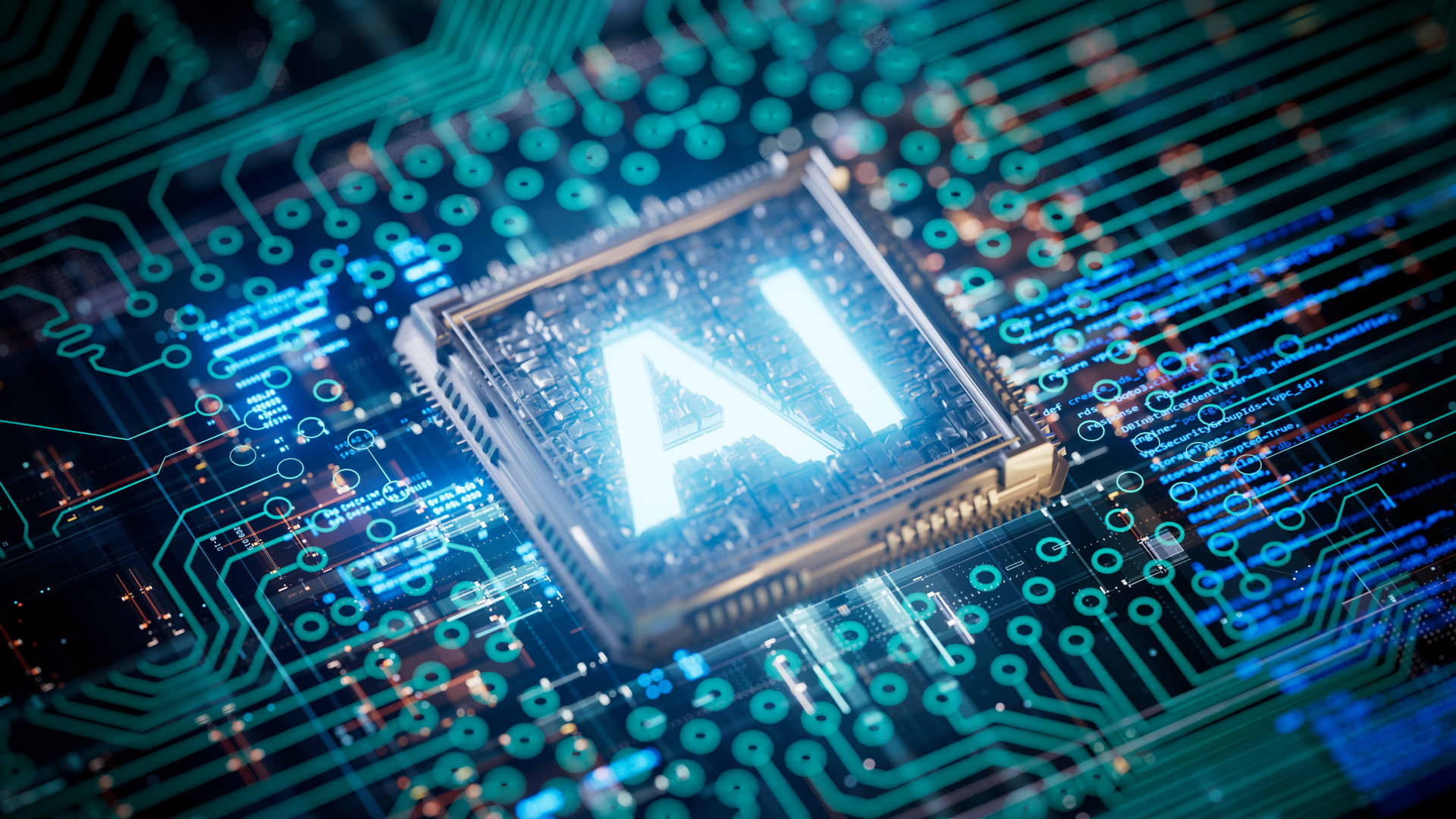Artificial Intelligence: the new technology that has taken the sector by storm.
Just_super | E+ | Getty Images
The European Union’s parliament on Wednesday approved the world’s first major set of regulatory ground rules to govern the mediatized artificial intelligence at the forefront of tech investment.
The EU brokered provisional political consensus in early December, and it was then endorsed in the Parliament’s Wednesday session, with 523 votes in favor, 46 against and 49 votes not cast.
“Europe is NOW a global standard-setter in AI,” Thierry Breton, the European commissioner for internal market, wrote on X.
The president of the European Parliament, Roberta Metsola, described the act as trailblazing, saying it would enable innovation, while safeguarding fundamental rights.
“Artificial intelligence is already very much part of our daily lives. Now, it will be part of our legislation too,” she wrote in a social media post.
Dragos Tudorache, a lawmaker who oversaw EU negotiations on the agreement, hailed the deal, but noted the biggest hurdle remains implementation.
Born in 2021, the EU AI Act divides the technology into categories of risk, ranging from “unacceptable” — which would see the technology banned — to high, medium and low hazard.
The regulation is expected to enter into force at the end of the legislature in May, after passing final checks and receiving endorsement from the European Council. Implementation will then be staggered from 2025 onward.
Some EU countries have previously advocated self-regulation over government-led curbs, amid concerns that stifling regulation could set hurdles in Europe’s progress to compete with Chinese and American companies in the tech sector. Detractors have included Germany and France, which house some of Europe’s promising AI startups.
The EU has been scrambling to keep pace with the consumer impact of tech developments and the market supremacy of key players.
Last week, the bloc brought into force landmark competition…
Read the full article here

Leave a Reply